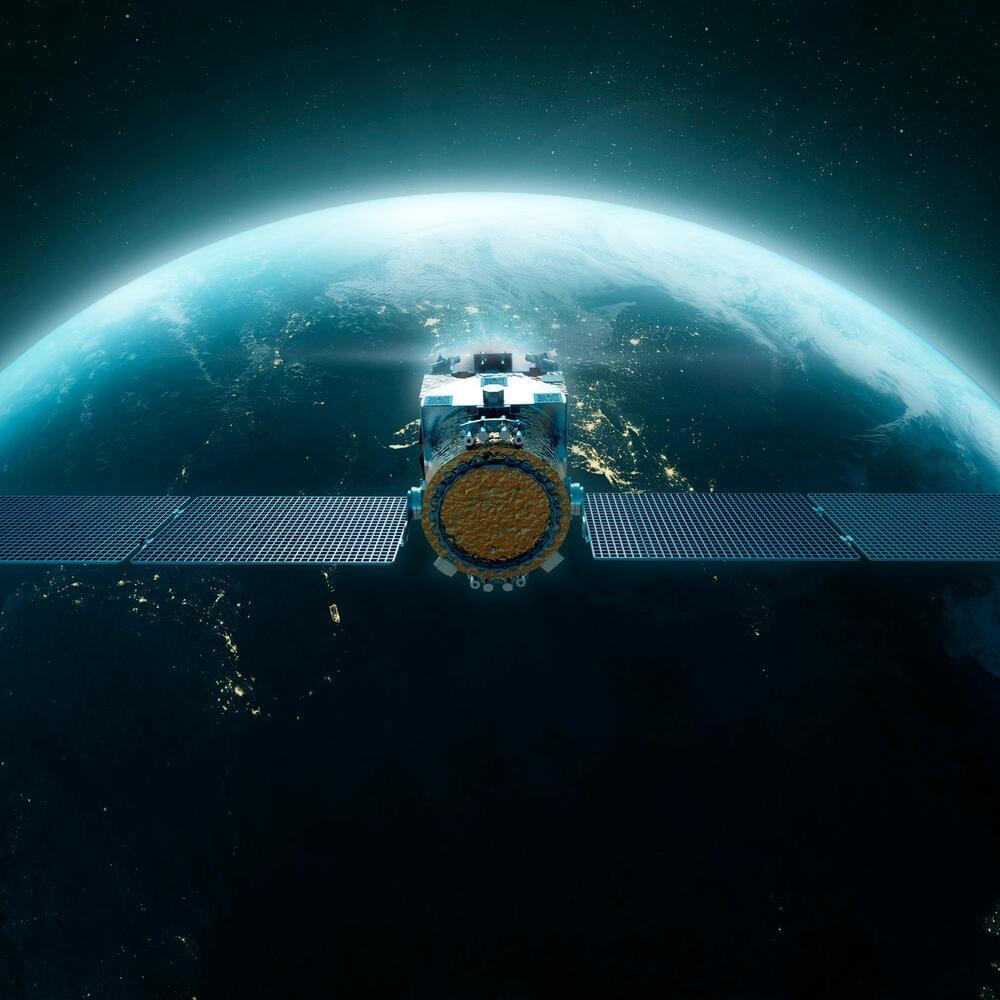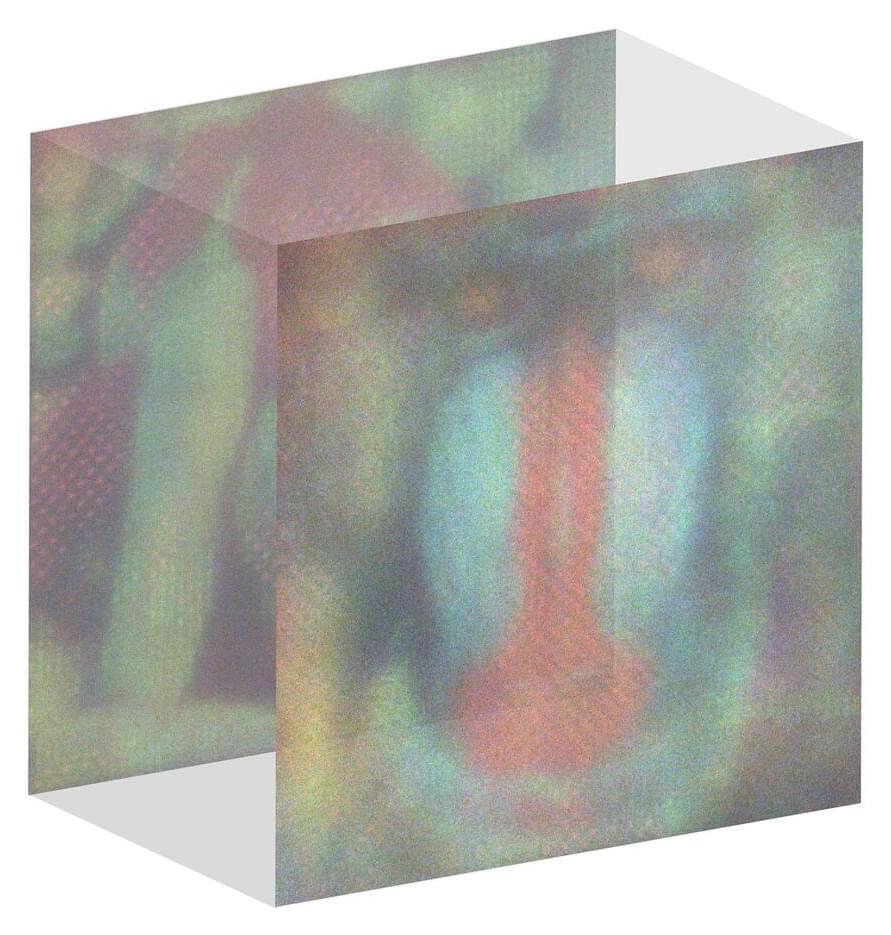This group made the honorable mentions of top longevity Facebook groups!
We’ve collected the best longevity Facebook groups to keep up with the latest anti-aging research, news, events, and studies.


In science fiction, holograms are used for anything from basic communications to advanced military weaponry. In the real world, 3D holographic displays have yet to break through to everyday products and devices. That’s because creating holograms that look real and have significant fidelity requires laser emitters or other advanced pieces of optical equipment. This situation has stymied commercial development, as these components are complex and expensive.
More recently, research scientists were able to create realistic 3D holographic images without lasers by using a white chip-on-board light-emitting diode. Unfortunately, that method required two spatial light modulators to control the wave fronts of the emitted light, adding a prohibitive amount of complexity and cost.
Now, those same scientists say they have created a simpler, more cost-effective way to create realistic-looking 3D holographic displays using only one spatial light modulator and new software algorithms. The result is a simpler and cheaper method for creating holograms that an everyday technology like a smartphone screen can emit.
The world’s most powerful MRI machine has started proving its worth, by scanning living human brains. The resulting images give an ultra high resolution glimpse into the brain, which will help us better understand the nature of consciousness and treat neurodegenerative diseases.
Developed by the French Alternative Energies and Atomic Energy Commission (CEA), the Iseult MRI machine packs a magnetic field strength of 11.7 Teslas (T). By comparison, conventional MRI machines in wide use in hospitals today are usually 1.5 or at most 3 T.
The main benefit of that extra power is that much higher resolution images of the brain can be taken, much quicker. In just four minutes, Iseult can capture images down to 0.2 mm (0.008 in) of brain tissue horizontally, in ‘slices’ just 1-mm (0.04-in) thick. That volume is the equivalent of a few thousand neurons at a time.

A 63-hour-long marathon of GPS jamming attacks disrupted global satellite navigation systems for hundreds of aircraft flying through the Baltic region – and Russia is thought to be responsible.
By Jeremy Hsu
A battery cathode in development in labs at the University of California San Diego has Wolverine-like self-healing properties.
Better yet, the regenerative ability of the lithium-sulfur electrode could help to unlock chemistry that doubles electric vehicle range, according to the experts. It’s a promising breakthrough with fascinating potential.
“We are very excited about the discovery of this new material,” study co-senior author Professor Ping Liu said in a university lab report.

The Southwest Research Institute (SwRI) is developing a spacecraft named Astroscale Prototype Servicer for Refueling (APS-R) as part of a $25.5 million project with the U.S. Space Force.
Southwest Research Institute (SwRI) will build, integrate, and test a small demonstration spacecraft as part of a $25.5 million Space Mobility and Logistics (SML) prototyping project funded by the U.S. Space Force and led by prime contractor Astroscale U.S. The spacecraft, called the Astroscale Prototype Servicer for Refueling (APS-R), will refuel other compatible vehicles while in geostationary orbit.
“Running low on fuel is a common issue for spacecraft in Earth orbit,” said SwRI Staff Engineer Steve Thompson, the SwRI project systems engineer. “When they have expended all of their fuel, their mission ends — even though the vehicle may be in otherwise excellent health. A refueling vehicle can extend those missions, and we can get additional lifetime out of spacecraft that are already in orbit.”

You’ve probably heard about the gene-editing technology CRISPR. The massive biotech breakthrough, which has emerged in the last decade, has mainly been touted for the ways it will let scientists edit the human genome — hopefully to cure genetic diseases or perhaps, more worryingly, to create “designer babies.” But CRISPR is also being used in another area, the world of food.
Cultural anthropologist Dr. Lauren Crossland-Marr hosts the five-episode podcast A CRISPR Bite. She takes listeners into labs as researchers tinker with the genes in what we eat and drink. What, exactly, are they trying to achieve? And what’s at stake?


As computer vision (CV) systems become increasingly power and memory intensive, they become unsuitable for high-speed and resource deficit edge applications — such as hypersonic missile tracking and autonomous navigation — because of size, weight, and power constraints.
At the University of Pittsburgh, engineers are ushering in the next generation of computer vision systems by using neuromorphic engineering to reinvent visual processing systems with a biological inspiration — human vision.
Rajkumar Kubendran, assistant professor in Pitt’s Swanson School of Engineering and senior member at the Institute of Electrical and Electronics Engineers (IEEE), received a Faculty Early Career Development (CAREER) award from the National Science Foundation (NSF) for his research on energy-efficient and data-efficient neuromorphic systems. Neuromorphic engineering is a promising frontier that will introduce the next generation of CV systems by reducing the number of operations through event-based computation in a biology-inspired framework.

Using this natural process as a basis, scientists developed a gene-editing tool called CRISPR/Cas that can cut a specific DNA sequence by simply providing it with an RNA template of the target sequence. This allows scientists to add, delete, or replace elements within the target DNA sequence. Slicing a specific part of a gene’s DNA sequence with the help of the Cas9 enzyme, aids in DNA repair.
This system represented a big leap from previous gene-editing technologies, which required designing and making a custom DNA-cutting enzyme for each target sequence rather than simply providing an RNA guide, which is much simpler to synthesize.
CRISPR gene editing has already changed the way scientists do research, allowing a wide range of applications across multiple fields. Here are some of the diseases that scientists aim to tackle using CRISPR/Cas technology, testing its possibilities and limits as a medical tool.